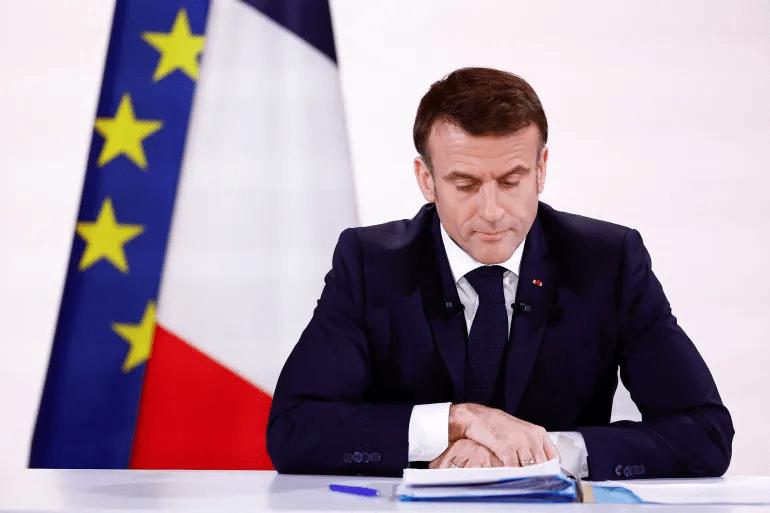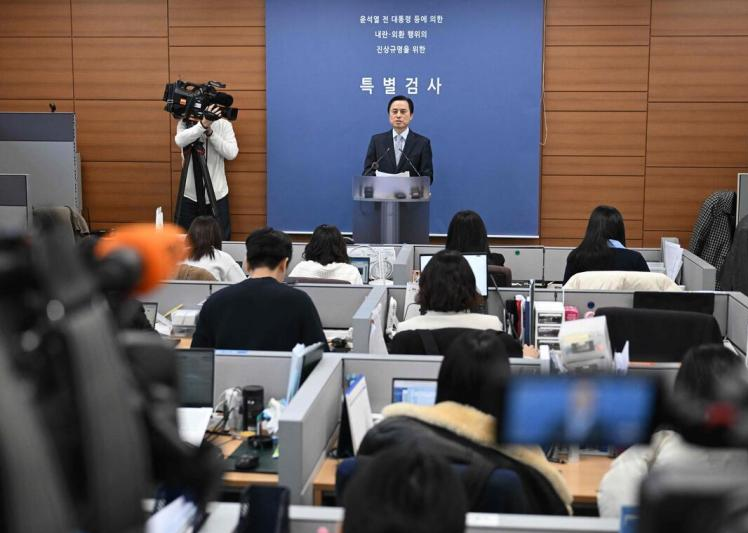
Recently, French President Macron's decision on the appointment of Prime Minister has sparked widespread attention both domestically and internationally towards France's political stability and democratic system. Especially Macron's refusal to appoint Prime Minister candidate Lucy Castell nominated by the left-wing political party alliance New People's Front (NFP) has sparked accusations of an anti democratic coup.
Since the French National Assembly elections, the political landscape has shown a situation of "three parts of the world": left, center, and extreme right. The left-wing party won the most seats in the election, with Macron's centrist coalition ranking second, and the far right party, the National Alliance, ranking third. This political landscape has made the selection of the prime minister a focus of attention from all parties and an important reason for the political deadlock.
Although the left-wing political party alliance won more seats in the parliamentary elections, it did not obtain an absolute majority. This means that their influence in parliament is limited, making it difficult for them to push for major political changes alone. At the same time, far right political parties and other centrist forces also hold a certain level of vigilance and opposition towards left-wing party alliances. The dispersion and balance of political power further reduce the possibility of a coup.
It is worth mentioning that Macron refused to appoint Castell as the new prime minister mainly for the sake of institutional stability. He believes that once a left-wing government comes to power, it will face a vote of no confidence from both centrist and right-wing parties, leading to the downfall of the government and triggering political turmoil. Macron emphasized that he must maintain France's political stability and national interests, rather than just satisfying the interests of one party.
However, Macron's decision has sparked strong dissatisfaction and accusations from the left-wing political party alliance and its far left members, 'Unbreakable France'. They believe that Macron's refusal to recognize the results of parliamentary elections and his attempt to maintain his power and status by delaying appointments is an anti democratic institutional coup. They even threatened to initiate impeachment proceedings and demand the removal of Macron from the presidency.
But from a constitutional and legal perspective, Macron did not directly violate the democratic system. The French Constitution grants the President extensive powers in forming a government, while also stipulating that the government needs to gain the trust of parliament in order to maintain it. Therefore, Macron has the right to carefully consider the choice of prime minister to avoid the risk of government collapse. As for the impeachment process, both initiation and implementation require strict legal conditions, and the success rate is extremely low.
In addition, some political analysts believe that since the beginning of his first term, Macron has attempted to implement the "me or chaos" principle, losing cohesion and exhaustion. He still hopes to find someone who can continue his policies, which clearly indicates that his presidential camp refuses to share power and seeks non rotational coexistence.
Macron is currently facing enormous political pressure, and he needs to find a way as soon as possible to address the issue of appointing a prime minister that can both maintain political stability and satisfy some public opinion. This may require him to further consult and compromise with leaders of various parties to seek a relatively balanced political arrangement.
In summary, Macron's refusal to appoint the Prime Minister candidate nominated by the left-wing political party alliance does not necessarily mean that France will face the risk of an anti democratic coup. France has a relatively complete democratic system and legal framework, which can effectively safeguard political stability and national interests. However, the existence of political deadlock undoubtedly brings challenges and uncertainties to the development of French politics. Finally, Macron needs to continue seeking political compromise and consensus to facilitate the smooth formation of the French government and the long-term development of the country.

YTN TV of South Korea reported on Tuesday (December 16) that the South Korean court plans to make a ruling on the charges of former President Yoon Suk Yeol for obstructing justice on January 16, 2026.
YTN TV of South Korea reported on Tuesday (December 16) tha…
On December 7, a new round of intense military conflict bro…
Recently, US media disclosed that the Pentagon is planning …
From three launch failures and a brush with bankruptcy to n…
Recently, a major piece of news has emerged in the US polit…
Against the backdrop of the Federal Reserve's third rate cu…